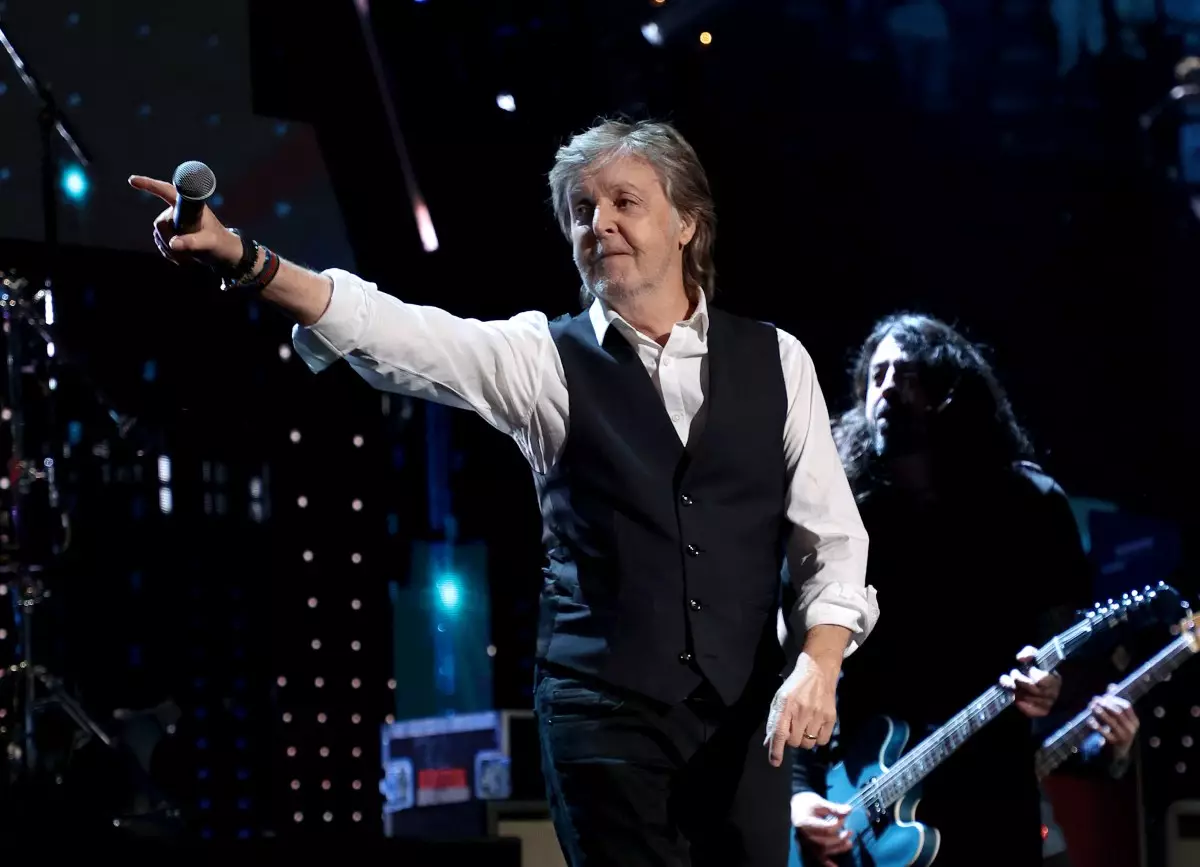In a rapidly evolving technological landscape, the intersection of art and artificial intelligence has sparked heated debates, particularly regarding copyright law and the rights of creators. Iconic musician Paul McCartney has emerged as a vocal advocate for the protection of artists’ rights amidst proposed legislative changes in the UK that could have dire ramifications for creative individuals. His impassioned plea underscores the essential role of government in safeguarding the interests of artists in an age where technology can enable the unfettered use of their work.
McCartney’s concerns stem from a government proposal that would allow technology companies to utilize online content for the training of AI models without the explicit consent of copyright holders. This could lead to a scenario where emerging artists and established musicians alike find their works exploited without any recourse or compensation. The fundamental assertion made by McCartney—that government officials should prioritize the protection of creators—resonates deeply with the ongoing conversation about intellectual property in today’s digital world.
The Double-Edged Sword of AI Technology
While McCartney acknowledges the potential of AI to enhance the creative process, as evidenced by his own experience using technology to revive a long-lost John Lennon demo, he remains cautious about its broader implications. His statement reflects a nuanced understanding of AI: it is not solely a threat but also a tool that, when leveraged responsibly, can benefit musicians and the music industry as a whole. However, the lack of safeguards within current legislative proposals raises significant concerns about the economic future of artists and songwriters.
“There’s a risk that innovation can come at a cost to originality,” McCartney points out. Young and aspiring artists face challenges not only from a saturation of content in the digital space but also from the prospects of losing ownership over their creations. The potential for unauthorized replication of their work presents a grave injustice that could stifle creativity rather than fostering it. Without strong protective measures, the very foundation of artistic integrity could collapse, leading to a homogenization of music and a dilution of unique voices in the industry.
The Responsibility of Government
McCartney’s fervent insistence that the government reaffirm its responsibility to protect its creatives highlights an essential truth: the arts are vital to cultural identity and, by extension, to the economy. The role of policy-makers should be to create an environment where artists can thrive, not just survive. The call for protective legislation is therefore not just about copyright; it’s about ensuring that the next generation of creators has the tools, respect, and recognition they deserve.
As discussions around copyright reform advance, it is crucial that lawmakers heed McCartney’s words and consider the long-term impacts of their decisions on the creative community. If the system favors technology over talent, we risk creating a future devoid of not just unique artistic expression, but also the very essence of what makes music a transformative experience. In this critical moment, it is incumbent upon both lawmakers and society to advocate for the preservation of artistic integrity in the face of technological brilliance.

